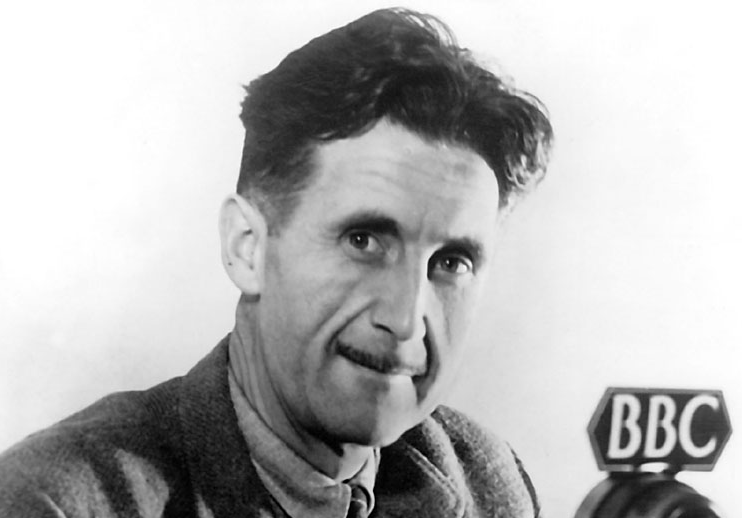Leon Trotsky, one of the fathers of the Russian Revolution, second only to to Lenin, was assassinated in Mexico 70 years ago today (August 21, 1940). During the early years of the Revolution, Trotsky headed up foreign affairs for Russia and founded the Red Army. Following Lenin’s death (1924), he looked primed to take control of the revolutionary state. But Stalin had other thoughts about the matter, and, before too long, Trotsky found himself in exile again. Previous exiles took him to Siberia, Kazakhstan, Austria, Switzerland, Spain and the United States. This time, he went to France, Norway, Turkey (see the film Vanessa Redgrave narrates on his stint in Istanbul) and later Mexico (1936), where he lived with painter Diego Rivera and his wife/fellow painter, Frida Kahlo. Eventually, Kahlo and Trotsky would have a famous affair.
Above, we have some grainy footage of Trotsky from his Mexico years. The footage dates back to 1937, and it shows Trotsky, speaking in broken English, giving thanks to Mexico for providing sanctuary and defending himself against the show trials that Stalin orchestrated back in Russia. Trotsky was sentenced to death in absentia. Three years later, he would be assassinated by an undercover agent while still living in Mexico. YouTube has more on the assassination here. A big thanks goes to Mike S. for unearthing this great little cluster of videos.
If you would like to sign up for Open Culture’s free email newsletter, please find it here. It’s a great way to see our new posts, all bundled in one email, each day.
If you would like to support the mission of Open Culture, consider making a donation to our site. It’s hard to rely 100% on ads, and your contributions will help us continue providing the best free cultural and educational materials to learners everywhere. You can contribute through PayPal, Patreon, and Venmo (@openculture). Thanks!


